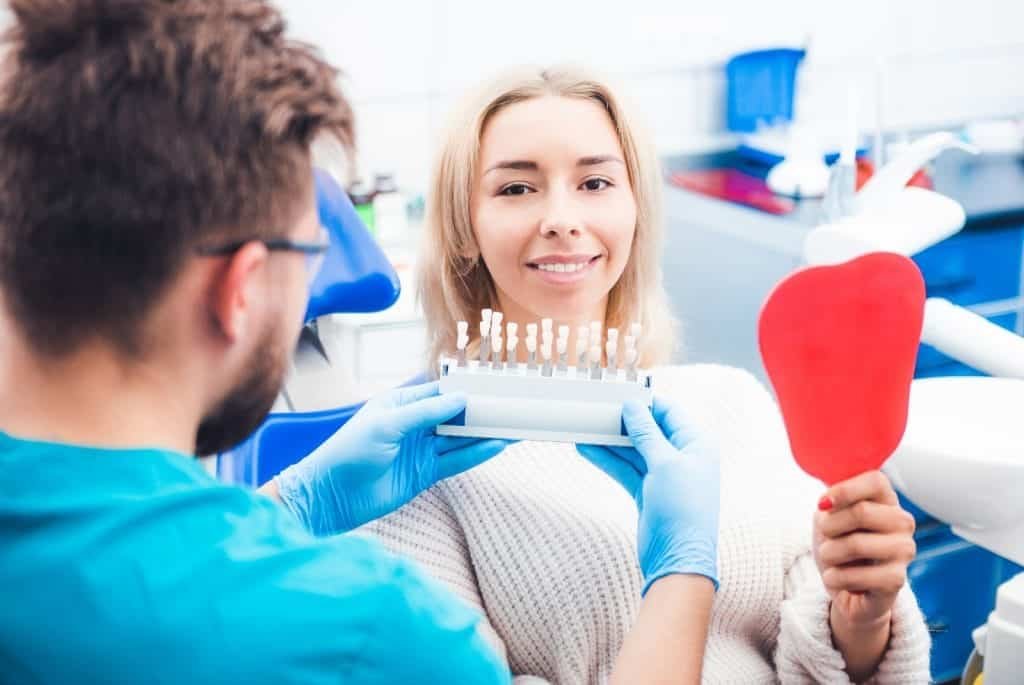
Dental implants offer a durable, natural-looking solution for missing teeth, allowing you to smile, eat, and talk with confidence. However, just like natural teeth, understanding how to care for dental implants is essential as they require daily care and regular check-ups to ensure they stay healthy and functional for years to come. If you have dental implants or are considering them, this guide will provide you with a step-by-step routine for taking care of your implants, including at-home maintenance and routine dentist visits.
Dental implants fuse with the jawbone in a process called osseointegration, creating a strong foundation that acts much like a natural tooth root. This integration gives implants durability, but it also means they need to be treated with the same, if not more, care as natural teeth. Without proper hygiene, implants can develop a condition known as peri-implantitis—a type of gum disease that leads to inflammation around the implant and, if untreated, can result in implant failure.
With a dedicated oral hygiene routine and regular visits to the dentist, you can maintain the health of your dental implants and keep your smile in excellent condition.
In addition to a strong at-home care routine, regular dentist visits are essential for maintaining the health of your dental implants. Here’s what you can expect during your routine implant maintenance appointments:
How Often Should I Visit the Dentist with Implants?
Most patients should visit their dentist every six months for routine check-ups and cleanings. However, if you’re at higher risk for gum disease or have multiple implants, your dentist may recommend more frequent visits to ensure your implants stay in optimal condition.
Yes, but a soft-bristled toothbrush is highly recommended to avoid irritating the gum tissue around the implant. Electric toothbrushes are also a great option, provided they are used on a gentle setting.
Absolutely! In fact, water flossers are a convenient, effective way to clean around dental implants. They help remove plaque without causing damage to the gums or implant surface. Be sure to use the water flosser at a gentle to moderate pressure to prevent any gum irritation.
While dental implants are stain-resistant, they’re not completely immune. Regular brushing and avoiding staining foods and drinks can help keep your implants looking their best. Routine dental cleanings will also remove any surface stains.
Dental implants are a fantastic investment in your smile and overall oral health, providing a natural look and feel for many years to come. With a proper daily care routine and regular dental visits, you can ensure the long-term success of your implants, reduce the risk of peri-implantitis, and enjoy the full benefits of a healthy smile.
At neen, we believe that everyone deserves a confident smile backed by expert care. Explore our range of premium oral care products, including non-abrasive toothpaste, water flossers, and soft-bristled toothbrushes designed to keep your implants in top condition. Your implants deserve the best care – and so do you!
Share it by

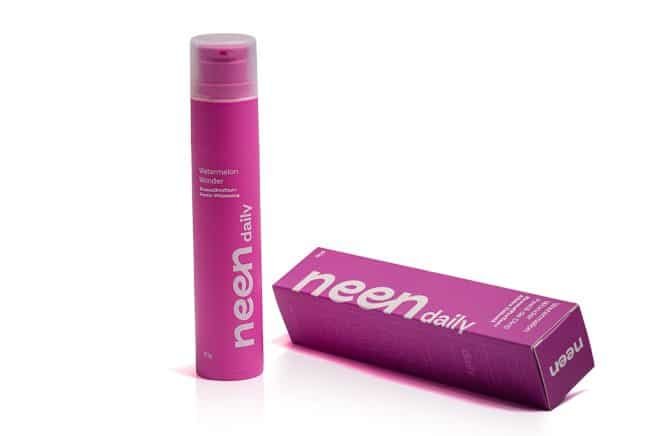

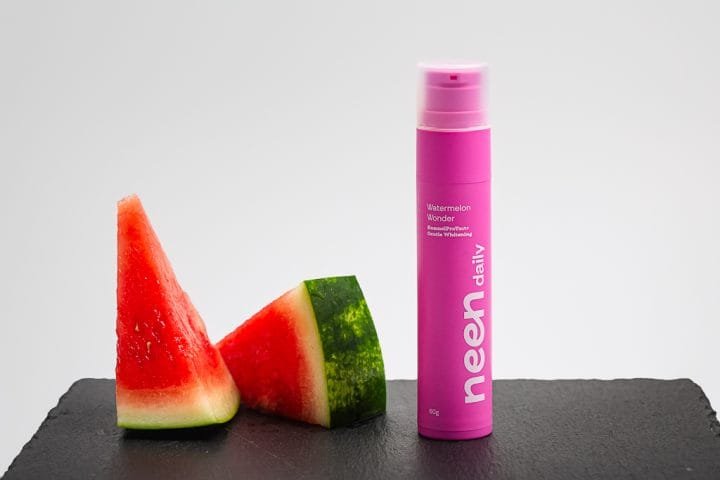
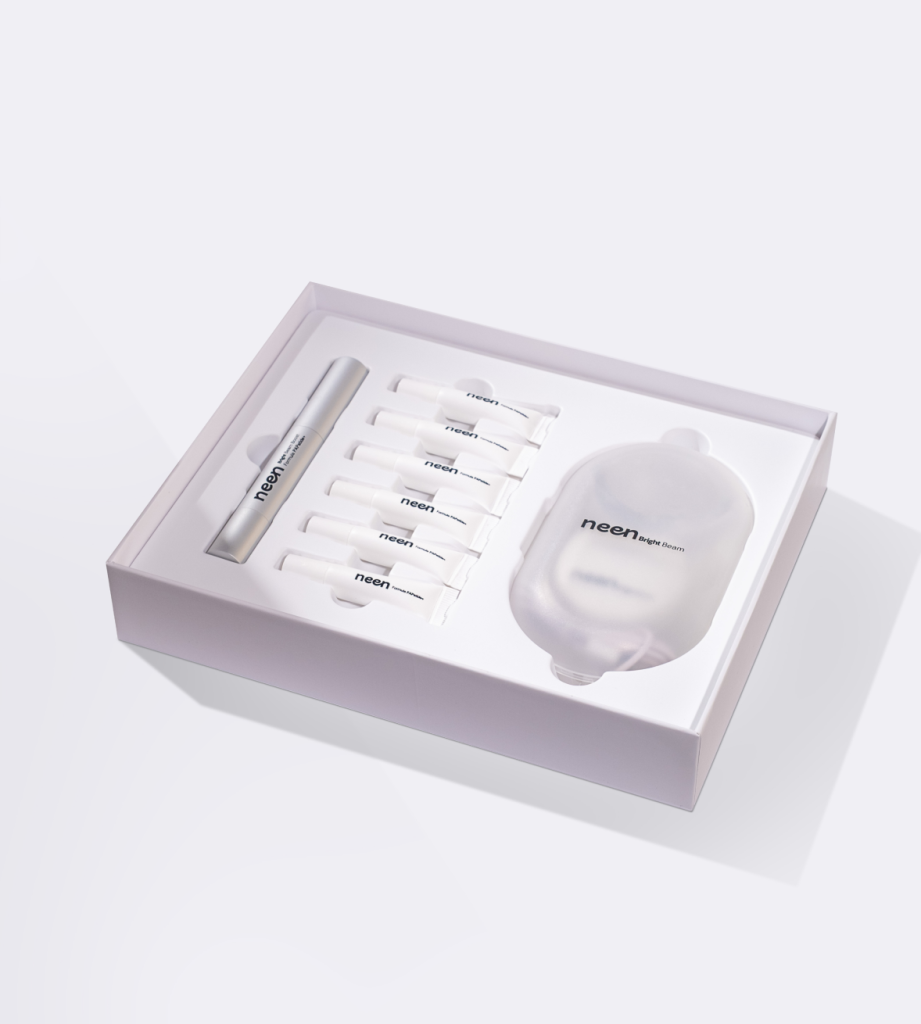



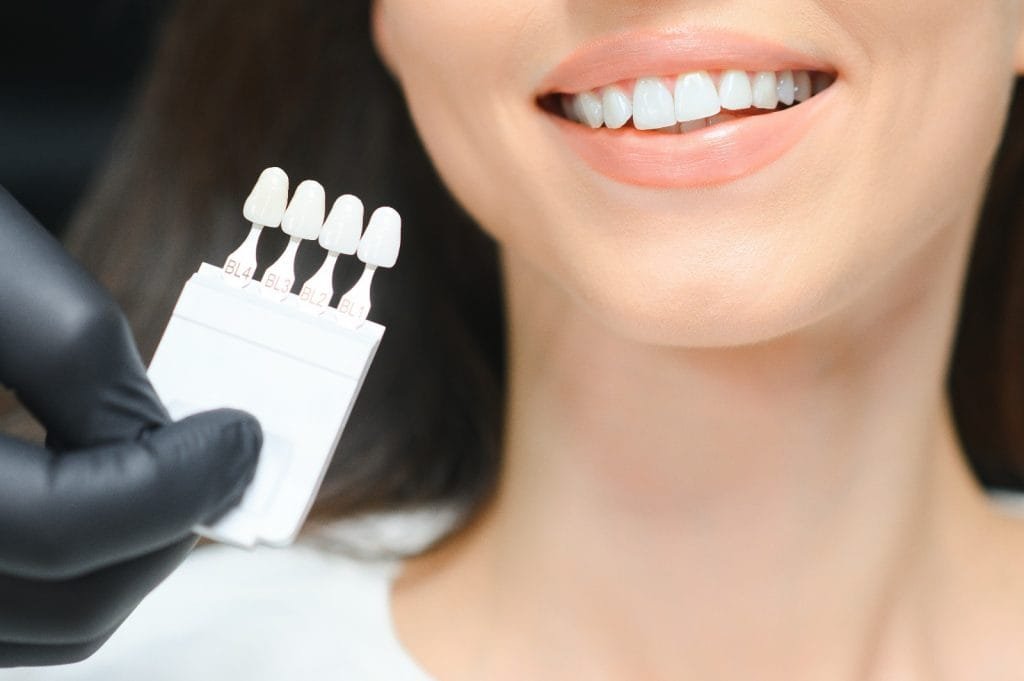



Whether it’s the fun flavors for kids or the gentle yet effective whitening gels for adults, every neen product is designed to put your smile and health first.